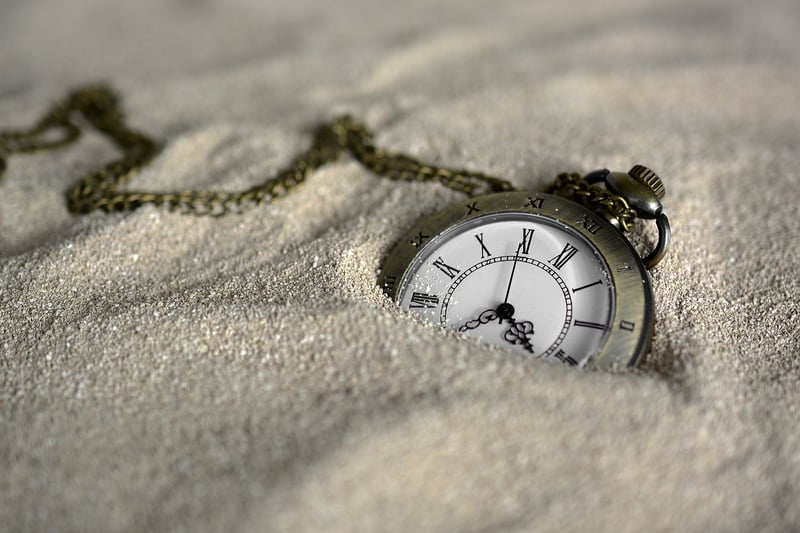Grandfather Paradox
Understanding Time Conundrums: The Grandfather Paradox
Time travel has long been a fascinating concept in science fiction, but it also raises intriguing paradoxes that challenge our understanding of causality and the nature of time itself. One of the most famous paradoxes is the Grandfather Paradox, which explores the implications of altering the past. Let's delve into this mind-bending conundrum.
The Grandfather Paradox Explained
The Grandfather Paradox poses a hypothetical situation where a time traveler goes back in time and prevents their grandfather from meeting their grandmother. This would result in the time traveler never being born. However, if the time traveler was never born, they could not have traveled back in time to prevent their grandparents from meeting in the first place. This creates a loop of events that seem to defy logic.
Potential Resolutions
Scientists and philosophers have proposed various theories to resolve the Grandfather Paradox. One idea is the concept of multiple timelines or parallel universes, where changing the past creates a new timeline diverging from the original, ensuring that the time traveler still exists in their own timeline.
Time Loops and Causality
The Grandfather Paradox highlights the intricate relationship between cause and effect. If an event in the past is altered, it can have ripple effects that disrupt the chain of causality, leading to paradoxical situations where the past is changed in ways that seem impossible to reconcile.
Conclusion
While the Grandfather Paradox may never have a definitive resolution, it serves as a thought-provoking exploration of the complexities of time travel and the nature of reality. Whether time travel will ever be possible or if it will forever remain in the realm of science fiction, the paradoxes it presents continue to captivate our imagination and challenge our understanding of the universe.

Explore the fascinating world of time travel and paradoxes, and let your mind wander into the realms of the unknown.
